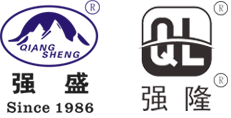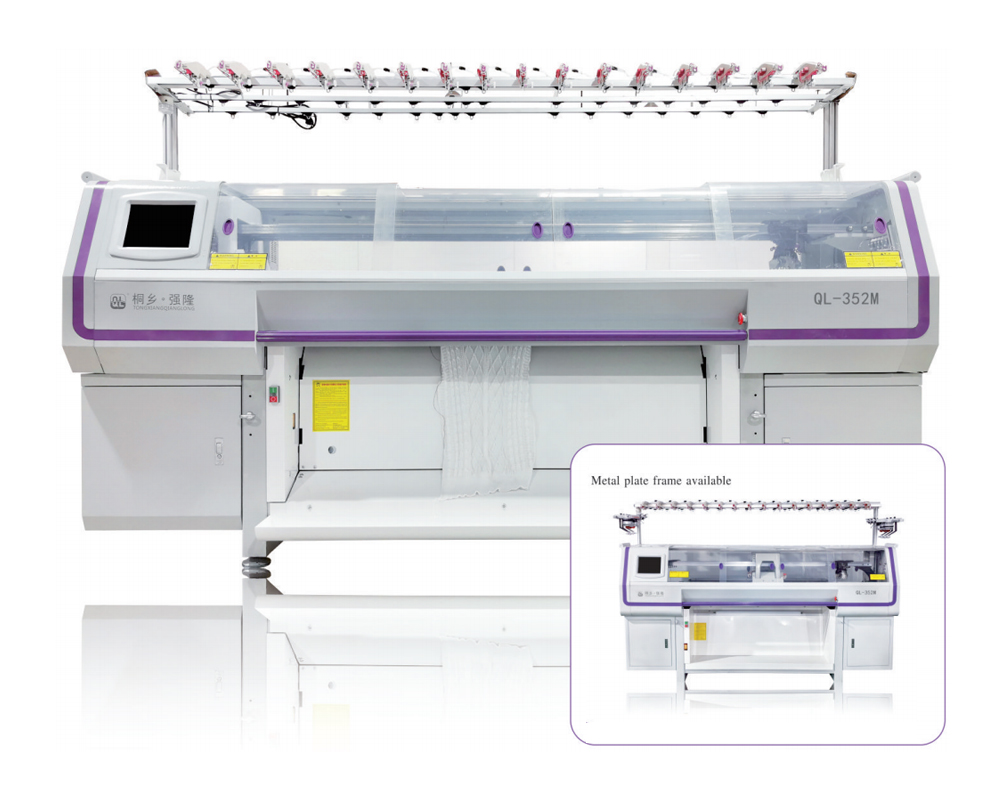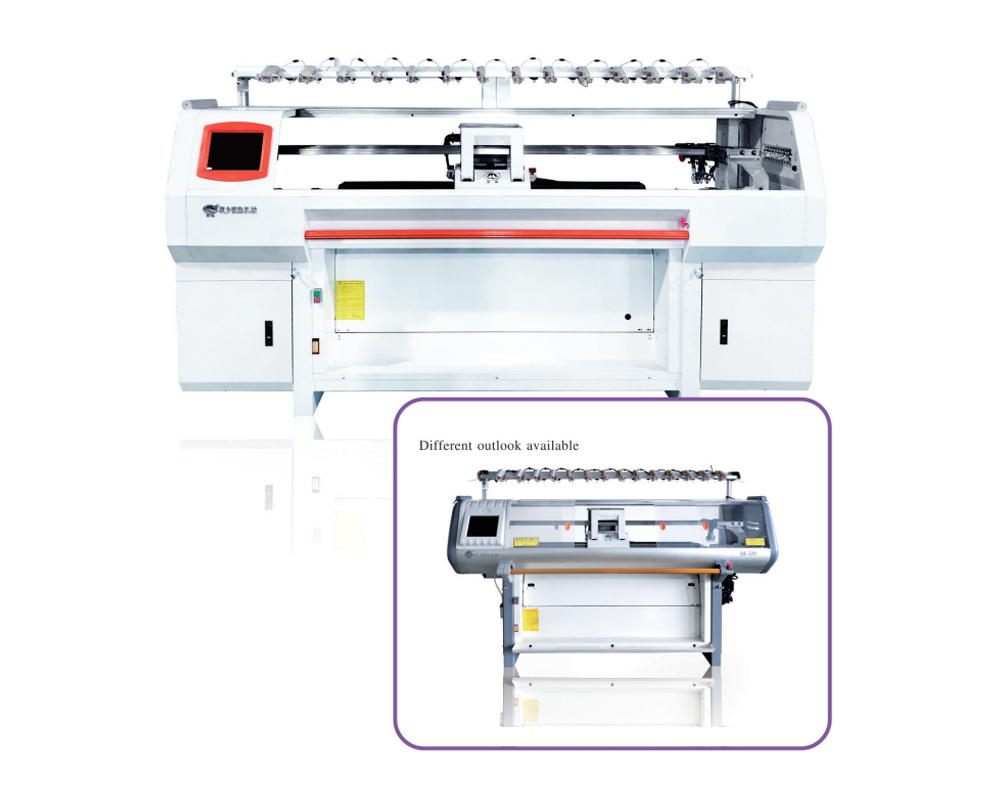Tongxiang Qianglong Machinery Co., Ltd. is high-tech China wholesale computerized flat knitting machine manufacturers, specialized in designing, developing, and manufacturing Knitting Machinery..
In the textile and garment industry, collars play an important role in defining the style, comfort, and overall quality of apparel, particularly in knitwear such as polo shirts, t-shirts, sweaters, and uniforms. Traditionally, collars were produced using manual knitting or cut-and-sew methods, but with advancements in machinery, collar knitting machines have revolutionized the process. These machines are specialized to produce high-quality, uniform, and customizable collars at scale.
But what kinds of collars can actually be produced with a collar knitting machine? This article provides a detailed overview of the different collar types, their features, and the versatility of collar knitting technology in modern garment production.
1. Understanding the Collar Knitting Machine
A collar knitting machine is a type of flat knitting machine specifically designed to produce knitted collars and related rib structures. These machines can operate with advanced programming to produce a wide variety of designs, patterns, and shapes.
Key features include:
- Programmable patterns for creating stripes, jacquards, logos, and textured effects.
- High productivity with automatic operations.
- Versatility in handling different yarn types such as cotton, polyester, wool, viscose, and blends.
- Precision for consistent sizing and finishing.
With these capabilities, collar knitting machines enable mass production of consistent, stylish collars that meet the demands of the fashion, sportswear, and uniform industries.
2. Common Types of Collars Produced
Collar knitting machines can produce a wide range of collars. Here are the most common types:
2.1 Polo Collars
- Perhaps the most iconic product of collar knitting machines.
- Used in polo shirts, t-shirts, and sportswear.
- Can be solid, striped, or jacquard-patterned.
- Offers both casual and semi-formal appeal.
2.2 Crew Neck Collars (Round Neck Ribs)
- Produced as rib-knit bands attached to round-neck t-shirts or sweaters.
- Ensures elasticity and comfort.
- Machines can create ribbing in 1x1, 2x2, or other variations.
2.3 V-Neck Collars
- Commonly used in sweaters, cardigans, and casual wear.
- Machines knit precise angled rib structures for neat, stretchable V-necks.
2.4 Stand Collars (Mandarin or Chinese Collars)
- Short collars that stand upright without folding.
- Popular in uniforms, jackets, and oriental-inspired designs.
- Collar knitting machines can integrate ribbed elasticity for comfort.
2.5 Spread and Point Collars (for Fashion Shirts)
- Though more common in woven shirts, knitted versions can be produced.
- Machines create structured knitted collars with wider or narrow tips for semi-formal wear.
2.6 Hooded Neck Collars and Drawstring Collars
- Knitted rib collars designed for hoodies, sweatshirts, and sportswear.
- Can include openings for drawstrings.
2.7 Fashion and Decorative Collars
- Includes jacquard collars with logos, text, or custom designs.
- Color-blocked or multi-yarn collars for high-fashion knitwear.

3. Structural Variations in Collar Production
Collar knitting machines are capable of producing various structural effects, including:
- Rib Collars: 1x1, 2x2, 3x1 rib for elasticity.
- Flat Collars: Smooth texture for formal or semi-formal garments.
- Jacquard Collars: Multi-color patterns, text, or logos integrated into the collar.
- Striped Collars: Horizontal or vertical stripes for sports uniforms or fashion wear.
- Elasticized Collars: With spandex/lycra content to enhance stretch.
These variations allow manufacturers to target different segments of the market with customized designs.
4. Applications of Different Collar Types
The collars produced by collar knitting machines are widely used across different apparel categories:
- Sportswear: Polo collars and ribbed round necks dominate this category.
- School and Work Uniforms: Polo collars, V-necks, and stand collars are common.
- Casual Fashion: Decorative jacquard collars with logos or color combinations.
- Winter Wear: Ribbed turtleneck and V-neck collars for sweaters and cardigans.
- Luxury Knitwear: Unique jacquard and spread collars for high-end garments.
5. Advantages of Using Collar Knitting Machines
The versatility of collar knitting machines brings many benefits to garment manufacturers:
- Customization – Enables unique designs like logos, brand names, or stripes.
- Consistency – Ensures all collars meet uniform standards of size and shape.
- Efficiency – High-speed production reduces manufacturing time and cost.
- Quality – Produces collars with excellent elasticity, comfort, and finish.
- Material Versatility – Can work with natural fibers (cotton, wool) as well as synthetics (polyester, nylon).
6. Future Trends in Collar Knitting
With the advancement of computerized flat knitting machines, the future of collar production will see even greater flexibility:
- Smart programming to create complex jacquard and 3D textures.
- Eco-friendly yarns like organic cotton and recycled polyester.
- Integration with seamless garment production to reduce waste.
- Fashion innovation with collars serving not just functional but also statement purposes.
Conclusion
A collar knitting machine is a vital tool in modern textile manufacturing, enabling the production of a wide variety of collars to suit different garment styles and applications. From the classic polo collar to ribbed crew necks, V-necks, stand collars, and decorative jacquards, these machines offer versatility, speed, and precision.
By combining advanced knitting technology with creative design, manufacturers can produce collars that are not only functional but also enhance the style and branding of garments. As technology continues to evolve, collar knitting machines will play an even more significant role in shaping the future of knitwear and fashion.

 English
English 简体中文
简体中文
 Chinese
Chinese English
English











